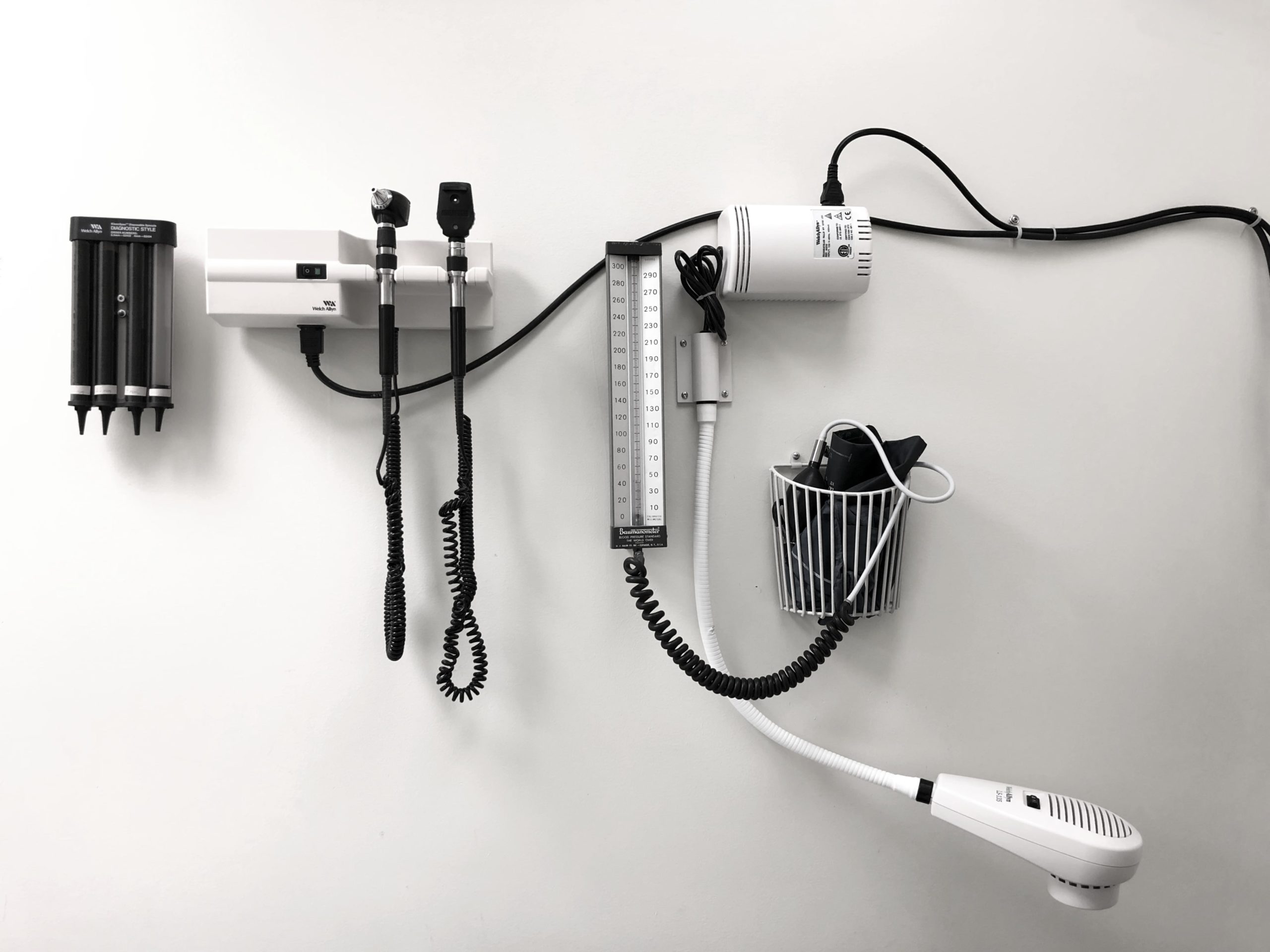Working in a doctor’s office can be a great opportunity for nurses who want a calmer environment with consistent scheduling. Nursing positions can offer you a better work-life balance than you’ll find in some other nursing environments. That’s part of the reason why there’s so much competition for these nursing roles.
In this article we explore:
- Pros and cons
- Nursing positions
- Jobs roles
- Work environment
- A typical day on the job
- How to get hired
- Salary range for RNs
Get job matches in your area + answers to all your nursing career questions

Pros and cons
There are pros and cons to working in a doctor’s office. Before you make the switch from where you work now, make sure the work environment fits your personality and career goals.
| Pros | Cons |
|---|---|
| Dependable, predictable shifts, and schedules. | Allied health professionals have more paperwork than their nursing counterparts at hospitals. |
| Establish long-term relationships with patients. | Predictable routines can be boring for some nurses who like variety. |
| Enjoy a community "feel" to a doctor's office. | Overtime is limited, which can affect potential extra earnings. |
| Easier to predict daily duties since doctor's offices offer more routine care than hospitals. | Salaries are typically lower in doctor's offices. |
| Less hectic working environment. | |
| Rarely have to deal with emergencies. | |
| No weekends or holiday shifts. |
Nursing positions
Doctors’ offices employ Licensed Practical Nurses (LPNs), Registered Nurses (RNs), and Nurse Practitioners (NPs). Each nursing position requires a different level of education and has unique responsibilities.
An LPN can expect varying duties depending on the size and scope of the practice. Some of the most common responsibilities include:
- Documenting patient medical history
- Measuring and recording vitals (blood pressure, temperature, weight)
- Performing administrative tasks (filing medical records, setting appointments)
RNs are tasked with:
- Coordinating patient care with LPNs, technicians, and any other medical professionals
- Completing patient exams
- Explaining lab and other rest results
- Treating minor injuries
Unlike an LPN, you can offer more advanced assessments and patient counseling.
As an NP, your role depends on your state of practice. Some state licensing boards allow you to provide many of the same services as a doctor, including:
- Completing patient exams
- Explaining lab results
- Treating minor injuries
- Prescribing medication
Checking with your state licensing board for the nursing scope of practice is the best guide for determining your responsibilities in this setting. Make sure you are aware of all nursing license information.
Job roles
Where you work within the nursing career ladder in a doctor’s office dictates your duties and responsibilities. You’ll have a different role as a front office nurse from those assigned to direct patient care.
As a front office nurse, you’ll mostly conduct appointment check-ins, discharges, referrals for specialists, and scheduling appointments. You’ll be tasked with answering emails and phone calls from patients and determining how to handle their questions.
If you work in the back end of the doctor’s office with direct patient care, you can record patient vitals and explain care instructions to patients.
Your exact role and duties as a doctor’s office nurse depend on your supervisor and the state of practice. Job descriptions should give you a good idea of what you can expect in the position should you be hired.
Work environment
If you’re used to working in a hospital, switching to a doctor’s office can be quite an adjustment. The hectic pace you endured in a hospital setting doesn’t carry over to a doctor’s office. That’s one of the many perks.
When you work in a doctor’s office, you also can expect a more predictable schedule. Most doctors’ offices operate between 9 a.m. and 5 p.m., Monday through Friday. Some may open earlier or close later on certain days of the week. For the most part, you always know your routine and can plan your personal life around it.
A typical day on the job
A typical day in a doctor’s office can be boring or exciting. Depending on the practice, you might see patients with the same issues every day.
While emergencies arise, they are rare in doctors’ offices. If you like interacting with many people throughout the day in a non-emergency setting, then you have the opportunity to do so in this environment.
How to get hired
Getting hired can be competitive because some nursing professionals desire the kind of predictable, daytime hours these positions offer. That’s the first step is to have the education and experience for the nursing position advertised by a doctor’s office.
Once you verify you meet minimum education and experience qualifications, you’ll want to craft a killer nursing cover letter and resume to get yourself noticed.
Salary range for RNs
The salary range depends on location and nursing position. Most job descriptions list the salary schedule. If they don’t, you can ask about starting salary during your interview. Most RNs at a doctor’s office make between around $78,000 depending on the position. NPs make more money because of their level of expertise.
If you want to explore nursing salaries for doctor’s offices in your state of practice, you can use the Incredible Health Nurse Salary Estimator to get an estimate for your location and nursing specialty.
Get job matches in your area + answers to all your nursing career questions

Sources
- “State Practice Environment.” aanp.org. Accessed March 22, 2022.
- “The Average Pay for a Nurse in a Doctor’s Office.” careertrend.com. Accessed March 22, 2022.
